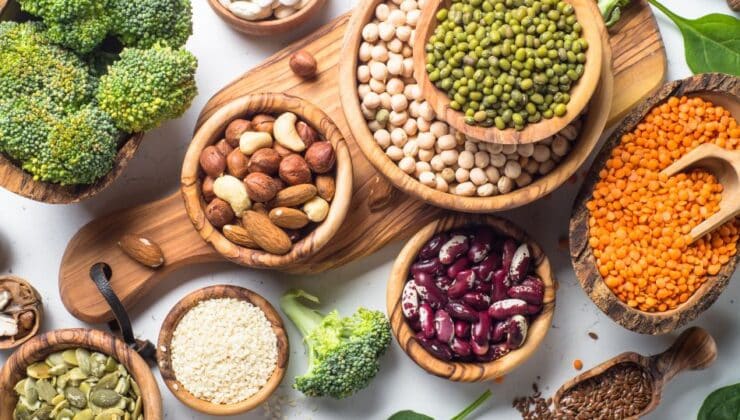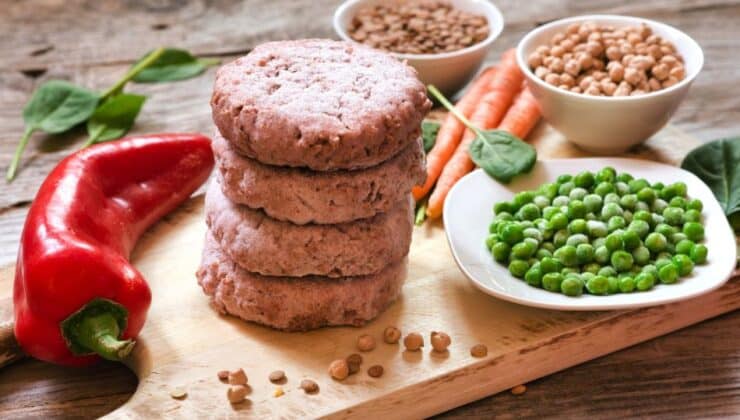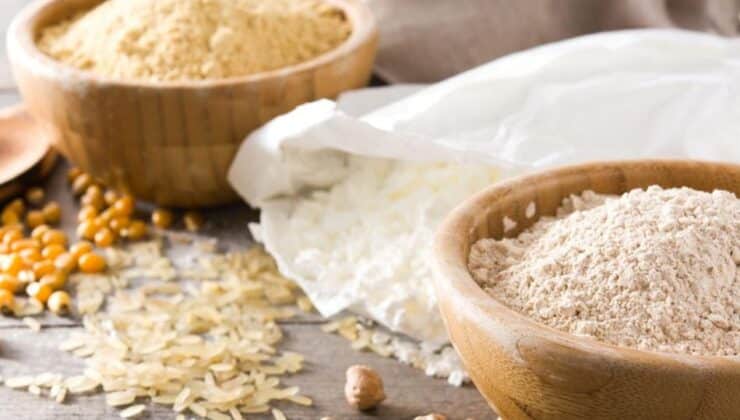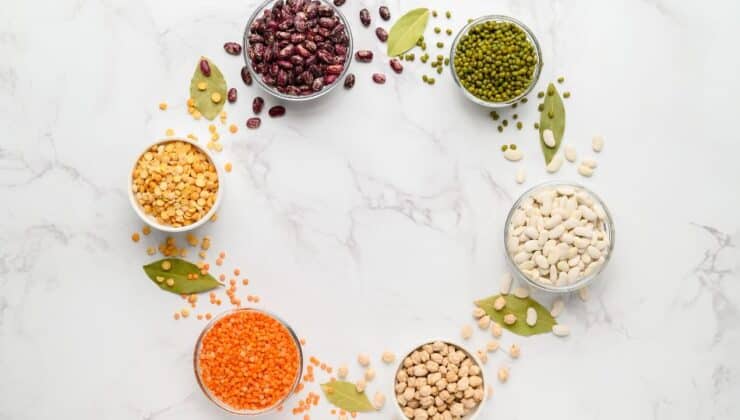Although they may not yet appear in our lives with the familiarity of other products made from vegetable protein, fish analogues are already here.
The presence of meat analogues in supermarkets no longer comes as a surprise, they are part of the usual display, we have become accustomed to seeing them in the front of the shelves, in the aisles and in the frozen food aisles; to consume them and to select those that most interest us.
Now it is the turn of fish analogues, a new presentation of vegetable proteins that look like various types of fish, but with no trace of animal protein, which is becoming a trend. Experience tells us that it is only a matter of time before their consumption becomes fully normalised.
The new generation of foods made from vegetable protein, known as fish analogues, offers consumers a horizon of multiple combinations without having to give up their diet. A diet that responds to various causes: to cultivate the sustainability of the planet; to avoid animal suffering; to seek alternatives that are considered healthier; to avoid foods that provoke some kind of rejection or allergy or, simply, to try what is presented as a healthy, palatable and novel alternative. Sometimes that’s all it takes.
We are going through a new line. The R&D&I departments of different companies dedicated to the production of ingredients with raw materials of excellent quality at source, as is the case of Molendum Ingredients, a subsidiary of the Dacsa Group, are developing different research projects to offer the food industry and consumers foods free of animal protein, allergens, gluten and clean label, to produce fish analogues that meet their expectations and satisfy each and every one of the reasons that each person has for choosing a diet that does not contain animal protein.
And experience is a degree, because achieving flavour, texture, appearance, good nutritional value and, of course, varied culinary possibilities, is much easier when you have ingredients that have already proven their quality and versatility, as in the case of Molendum’s vegetable pea protein, Pésol Pea, a protein with high nutritional value and a texture and sustainability index far superior to that of the competition.
Solutions made from Pésol Pea, obtained from the wet texturisation of pea protein, PVTH, and subjected to a final freezing process, which is presented in different cuts depending on the fish analogue dishes to be prepared.
Thanks to the texture, flavour and versatility of Pesol Pea in the kitchen, these dishes have already conquered the palates of consumers who have made soups, croquettes or fritters, made with PVTH prepared in cut 2, or PVTH in cut 1, the smallest cut of all, ideal for replacing very crumbly fish in the preparation of all kinds of stuffed vegetables, fish balls or bolognese, a daily part of their diets.
The new generation of fish analogues, made without animal protein but with all its qualities, is arriving in homes, food shelves and catering companies with the same force as the first meat analogues did, it is time to be attentive and prepared.





